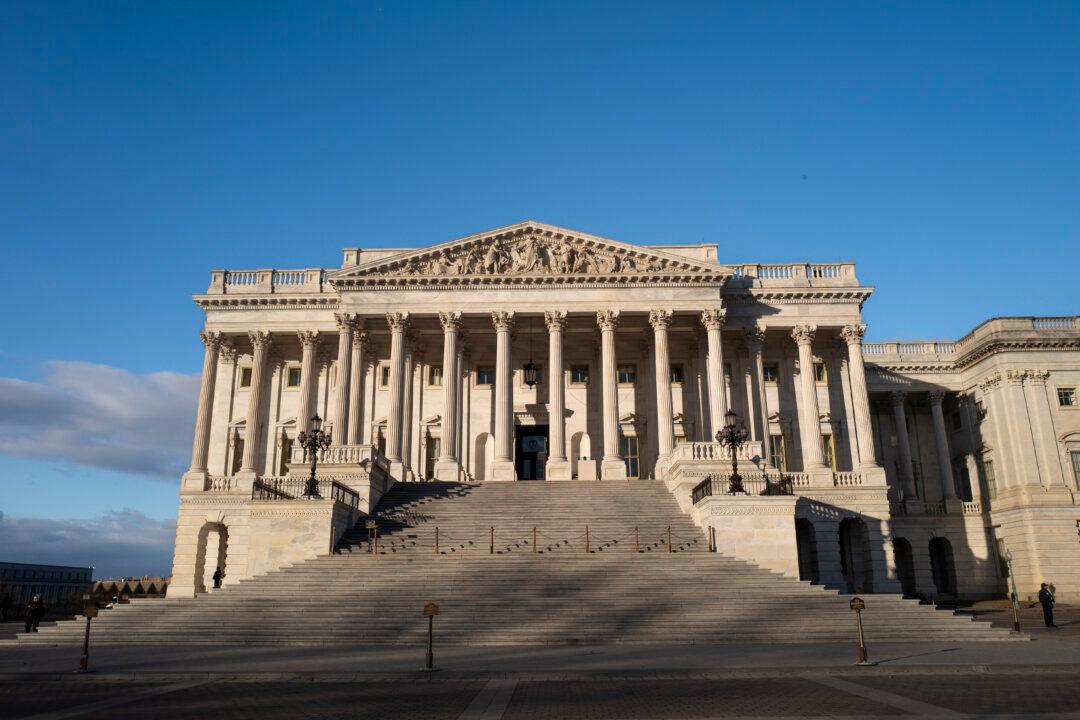As Republicans barrel full steam ahead with President Donald Trump’s “big beautiful bill,” several divisions over components of the package linger.

The House of Representatives side of the U.S. Capitol building in Washington on Jan. 2, 2025. Madalina Vasiliu/The Epoch Times




